The common denominator among all “gay” men is a childhood usually filled with some sort of alienation, inadequacy, pain, neglect, and or abuse. A number of them have experienced all of these emotions, others just one – but many, who are particularly sensitive, take things the hardest and are the most deeply affected. Only, this is where critics and “gay” apologists argue that many men, if not most, had some defective relationship with their father for example, or some other difficulty in childhood, and relatively few of them later became a homosexual. My answer is: the human mind is incredibly complicated – more so than we can ever comprehend; the brain of every person is as unique as that person; therefore, everyone reacts and copes with stress a little differently although certain universalities remain, and, while the vast majority of men who had less than healthy upbringings will not become “gay,” oftentimes they will try to manage the pain of memory by other means: alcohol or drug abuse, inability to maintain relationships with women, porn addiction; a much smaller number of boys will channel their loss into a desire for the same sex; the most salient example comes from what we know about the life of famed author and AIDS chronicler Randy Shilts (he died of AIDS in 1994); while he and his brothers all endured the same abuse, they reacted in different ways:
“Nearly every day his drunken mother forced him [Randy] into the bathroom, made him take down his pants and then whipped him, and if he cried, whipped him again. He taught himself not to cry, so effectively that for many years he forgot how; to go to school and pretend nothing had happened; to sit through suppers where no one ever mentioned the violence.
Each brother, he explained, had absorbed the suffering differently. One decided to have a vasectomy while still a teen-ager. A second was institutionalized and a third ran away.”
…Randy, became a homosexual. This happened, and still does, because, from my experience, in some boys there occurs what I refer to as a “perfect storm:” the combination of a father wound, alienation, gender dysphoria, exposure to pornography, a considerable sensitivity – all these things, or just one or two, combining with a single thought about the same sex, to create a homosexual. Again, owing to the complexity of the human psyche, not all boys who survive neglect, trauma, and abuse will react in the same way. Yet, today this dynamic is changing rapidly, wherein boys, from less dysfunctional homes, will oftentimes turn to homosexuality after an early exposure to pornography. Actor Jesse Tyler Ferguson, though trying to play for laughs, recently recalled a rather sad and pathetic story about how he was caught stealing gay porn at age 14. Speaking about his life and rather strained relationship with his father, he said: “I was actually very shy and quiet. I didn’t have — cue the violins — a lot of friends…” In this case, as in mine, and many others, gay porn becomes a substitute for real healthy masculine relationships, and, as a result, the desire for male affection becomes eroticized.
From an interview with “Star Trek” actor Zachary Quinto:
Zachary Quinto’s father died of cancer when he was seven years old. About his father’s death he said: “I think any child is irrevocably altered by such a signature death at a young age. There are going to be lifelong implications.” According to the same interview: “For a long time Quinto connected intimacy with abandonment. ‘My early stabs at relationships felt like I was drawing myself to people, or drawing them to me, who in some way were unavailable. I could protect myself from the impact of abandonment by channeling my energies somewhere they were not going to be fully received. My parents were very much in love, but I wasn’t able to witness that love beyond my seventh year.’”
American actor, film producer, and director Lee Daniels on his father:
“When I came out it was because I loathed my dad so much — I couldn’t understand how you could, with an extension cord, beat a 45-pound kid just because he’s aware of his femininity,
My dad wasn’t there. They didn’t have a father figure in the house. There was no rule. They had no discipline. My brothers had great potential, but they thought it was cool to do what they were doing and be what they were, and they turned out the way they did because of who they associated with.
Most of the time, that was scary. That was a small house, in more ways than one. I couldn’t be around. I tried to stay away as much as possible. I still got beat up a lot. We called the cops on my brothers so many times I can’t even count. Not only for hurting me. They’d abuse my sisters. Verbally abuse my mom. Call me that word [fa–ot].”
From an interview with Australian Olympic gold medal diver Matthew Mitcham (pictured above):
“Never knowing his father, Matthew was raised by his mother, in Brisbane, Australia, His desire to please her, coupled with a deep fear of her, led to a solitary childhood. At nine, Mitcham suspected he was gay. When he was six, he’d had a sexual encounter with a 12-year-old boy in a shed and remembered feeling jealous when he later saw the same boy in the shed with another kid. For a few years, he tried to condition himself out of being gay by snapping his wrist with a rubber band whenever he thought of boys. It didn’t work. At 15, he came out to his mother when she discovered gay porn on his computer.
Interviewer: At first glance, the Matthew Mitcham story is a golden fairytale. But he’s just written a book which also reveals a life that’s been both tough and tragic. These were very, very dark days? Battles with depression, self-harm, suicide, and drugs. Are you an addict?
Matthew: Um, I certainly was addicted to crystal meth.
Interviewer: How long did it go on for?
Matthew: Start to finish, about a year and a half. Yeah, a year and a half.
Interviewer: I mean, I’m struggling with how you survived?
Matthew: I tried to be professional at all times. But it was the shame I felt of being a sham, you know, having this big dirty secret.
Interviewer: Matthew was raised by his single mum in Brisbane. Theirs was an often volatile relationship. Alcoholism, and her own mental health issues, left him feeling isolated and frightened.
Matthew: She used to smack me a lot, and even just her screaming at me was – instilled a lot of fear in me, and I think that was a way of maybe controlling me, to keep me from being too naughty, was the fear of her wrath.
From an interview with famed American novelist and screenwriter Bret Easton Ellis:
“Mostly, in my case, writing comes from pain, confusion, stress…I have father issues. Somebody didn’t love me…I hated my father…If you’re a dude and you’re super-successful, the chances are you have something to prove to Daddy…”
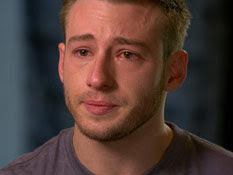

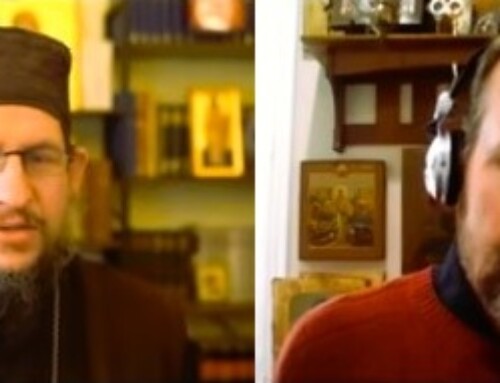
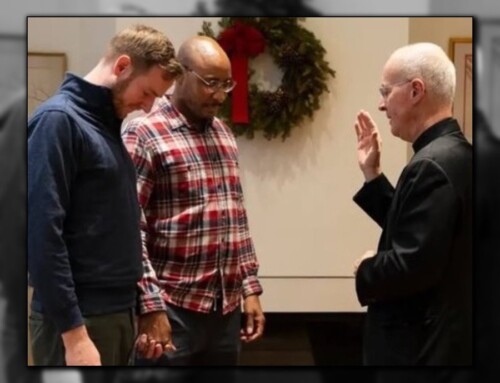
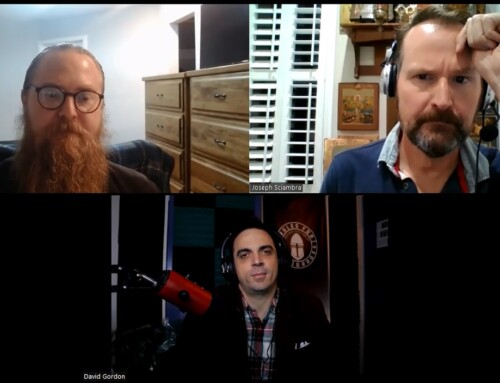
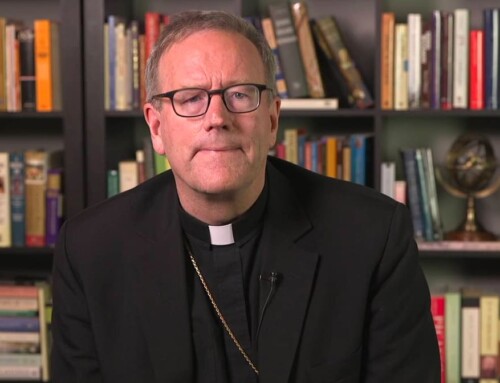
These sad stories say it all.